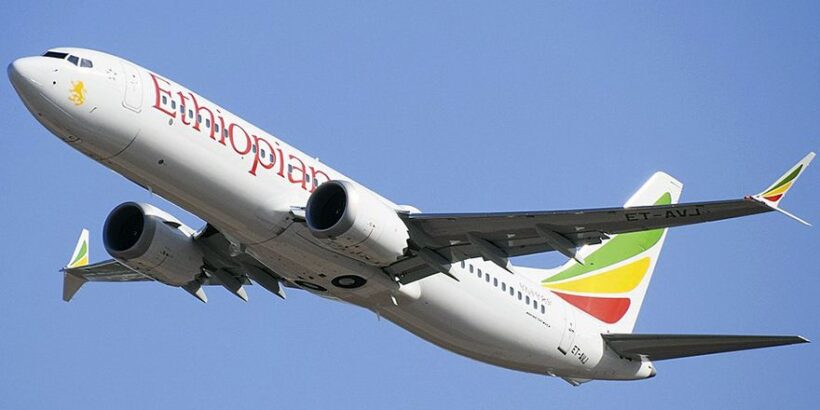Russia is currently negotiating with Ethiopian Airlines to establish an aircraft wet lease agreement covering aircraft, crew, maintenance, and insurance (ACMI). Ch-aviation reported this development, citing a representative from the Ethiopian Civil Aviation Authority (ECAA).
The proposed agreement involves wet leasing aircraft from the state-owned Ethiopian Airlines, which would operate under Ethiopian registration for Russian carriers. This arrangement would enable Russian airlines to access Boeing and Airbus aircraft, which the U.S. government and European Commission have banned from direct delivery to Russian companies or individuals.
On July 29, a Russian delegation led by Trade Representative Yaroslav Tarasyuk met with ECAA Director General Yohannes Abera in Addis Ababa. The negotiations focused on expanding bilateral aviation cooperation, including aircraft leasing and the supply of Russian navigation equipment currently used in numerous Indian airports.
The Russian delegation also expressed interest in constructing and expanding MRO (Maintenance, Repair, and Overhaul) facilities in Ethiopia. “Ethiopia has an accredited Boeing MRO center, and if Russia is interested in joining it, such an opportunity exists,” the ECAA Director stated.
Yohannes Abera welcomed these proposals and confirmed that Russian companies could participate in competitive tenders for aviation equipment supply. He expressed readiness to consider Russia’s MRO cooperation proposals following additional consultations with stakeholders.
However, Addis Insight reports that Ethiopian Airlines CEO Mesfin Tasew categorically denied reports that the airline is negotiating aircraft leases to Russia, calling these claims “completely false.” This statement responded to Ethiopian media reports suggesting authorities were negotiating with Russian counterparts regarding a potential wet lease deal.
Ethiopian Airlines ranks among Africa’s most successful and professionally managed carriers, operating a fleet of over 140 aircraft. In press interviews, Mesfin Tasew outlined two primary reasons for declining an ACMI deal with Russia.
First, the airline is expanding its fleet and actively seeking additional aircraft to support passenger and cargo operations growth. “We need more aircraft ourselves,” he stated, noting that leasing aircraft would contradict their current expansion strategy.
Second, and more critically, the airline faces risks related to sanctions and regulatory compliance. Mesfin noted that Russia operates under U.S. sanctions while Ethiopian Airlines maintains close operational and commercial ties with the United States. “We comply with international law and U.S. legislation to avoid violations,” he emphasized.
Ethiopian Airlines gained global attention when one of its Boeing 737 MAX 8 aircraft crashed shortly after takeoff from Addis Ababa Airport on March 10, 2019. The accident killed all 157 people aboard. The crash resulted from software errors in the MCAS (Maneuvering Characteristics Augmentation System), a flight control system that automatically adjusts the horizontal stabilizer to prevent stalls at high angles of attack.
Ethiopian Airlines continues operating Boeing 737 MAX aircraft. The carrier currently operates 26 Boeing 737 MAX 8 aircraft and has orders for an additional 36 units of the same type.


